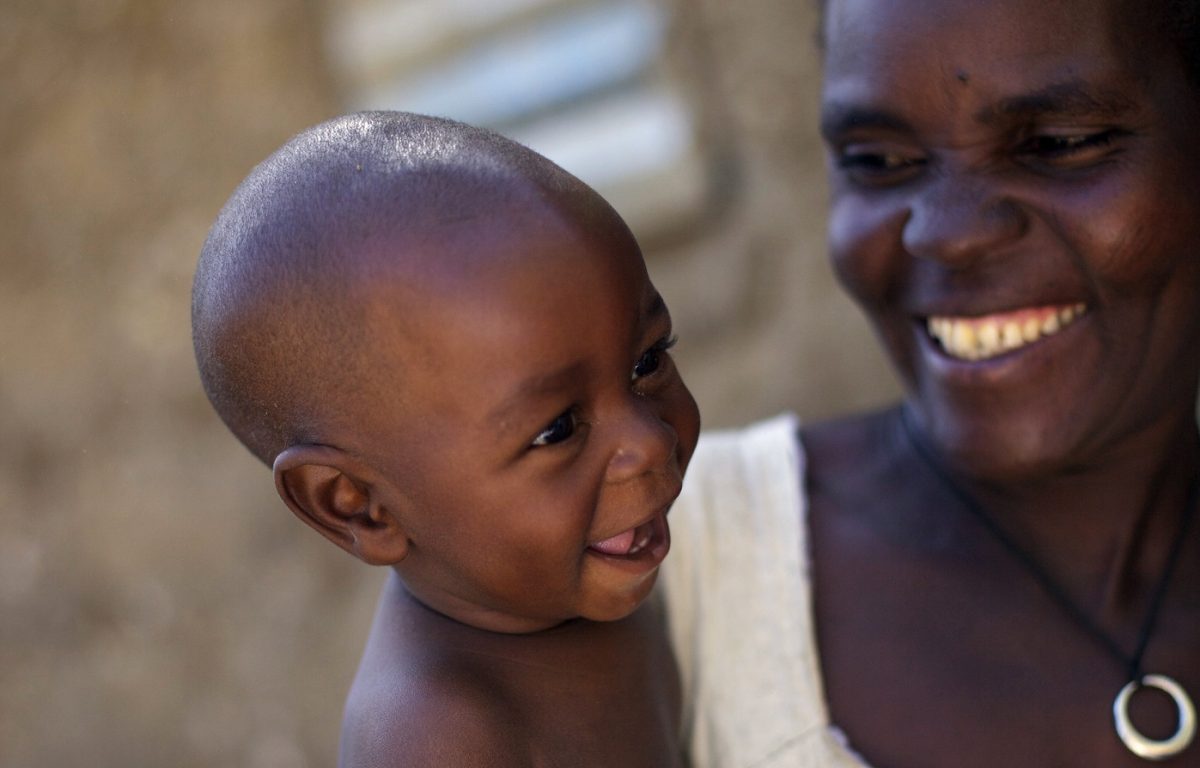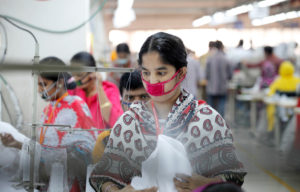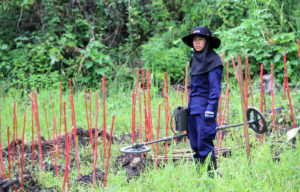
Photo: Benedicte Kurzen / UNICEF
Niger Curbs Infant Mortality
Year after year, Niger has reduced infant mortality. Now, this poor West African country is approaching the UN’s goal to reduce infant mortality by two thirds.
Share
Read more in UNICEF’s report
Other categories
As one of the poorest countries, Niger is facing great challenges when it comes to education, healthcare and human rights. But occasionally there is a speck of light in the darkness, and in recent years Niger has shown remarkable progress in the fight against infant mortality. The number of deaths of children under five per 1,000 head of population fell from 314 in 1990 to 125 in 2011. The same applies to babies, where the death rate fell from 133 per 1,000 in 1990 to 66 in 2011, according to recent figures from UNICEF.
‘We are dealing with a quite exceptional campaign. Compared to other countries like Burkina Faso, Mali and Nigeria, Niger has done much better’,says Isselmou Boukhary, UN executive in Niger, according to IRIN News. This major improvement is partly due to the fact that since 2006 the government has provided children under five with medical care. Especially malaria, diarrhoea and respiratory tract infections have been focused on, since these are the most widespread causes of child mortality in the country. At the same time, mothers are offered free consultations with doctors before and after delivery, and the possibility of caesarean section. Moreover, in 2013 alone, 1,000 new medical clinics have been established in rural areas of Niger.
The global community has also contributed to this progress. Since the 1990s, collaborators like the European Commission and UNICEF have stepped up their support for the fight against infant mortality by 77%.
Impediments towards further progress
In spite of the good results, several critical impediments bar the way to further progress. Healthcare personnel are only present at 18% of all childbirths, and the maternal mortality rate remains high.
Additional challenges are a growing population that puts the health sector under pressure, widespread malnutrition, and administrative problems that mean medical clinics are unable to pay wages and bills for medicines on time. Hence Niger’s impressive development still requires support from the global community if the rate of progress is to be maintained.







